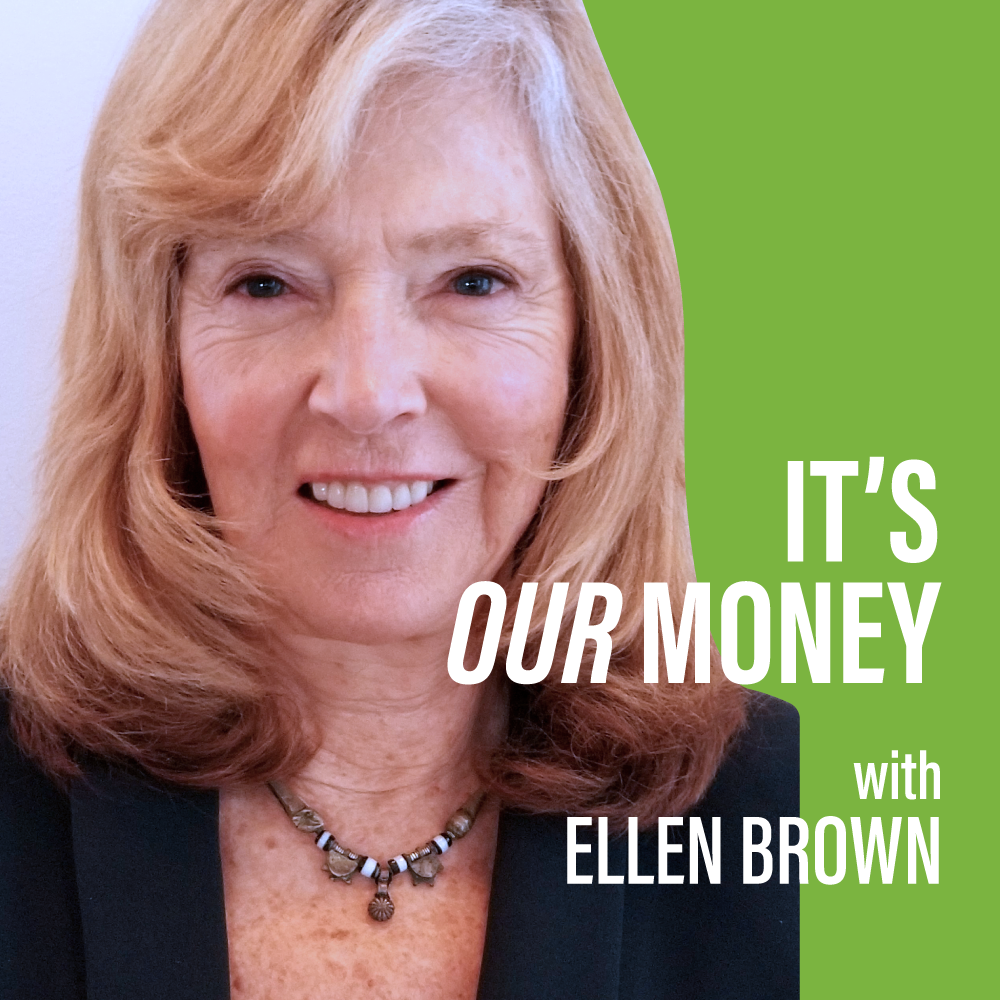“Quantitative easing” was supposed to be an emergency measure. The Federal Reserve “eased” shrinkage in the money supply due to the 2008-09 credit crisis by pumping out trillions of dollars in new bank reserves. After the crisis, the presumption was that the Fed would “normalize” conditions by sopping up the excess reserves through “quantitative tightening” (QT) – raising interest rates and selling the securities it had bought with new reserves back into the market.
The Fed relentlessly pushed on with quantitative tightening through 2018, despite a severe market correction in the fall. In December, Fed Chairman Jerome Powell said that QT would be on “autopilot,” meaning the Fed would continue to raise interest rates and to sell $50 billion monthly in securities until it hit its target. But the market protested loudly to this move, with the Nasdaq Composite Index dropping 22% from its late-summer high.
Worse, defaults on consumer loans were rising. December 2018 was the first time in two years that all loan types and all major metropolitan statistical areas showed a higher default rate month-over-month. Consumer debt – including auto, student and credit card debt – is typically bundled and sold as asset-backed securities similar to the risky mortgage-backed securities that brought down the market in 2008 after the Fed had progressively raised interest rates.
Chairman Powell evidently got the memo. Continue reading
Filed under: Ellen Brown Articles/Commentary | Tagged: Debt deflation, Federal Reserve, national dividend, public banking, quantitative easing, Social credit, UBI | 21 Comments »






A Universal Basic Income Is Essential and Will Work
A central bank-financed UBI can fill the debt gap, providing a vital safety net while preventing cyclical recessions.
According to an April 6 article on CNBC.com, Spain is slated to become the first country in Europe to introduce a universal basic income (UBI) on a long-term basis. Spain’s Minister for Economic Affairs has announced plans to roll out a UBI “as soon as possible,” with the goal of providing a nationwide basic wage that supports citizens “forever.” Guy Standing, a research professor at the University of London, told CNBC that there was no prospect of a global economic revival without a universal basic income. “It’s almost a no-brainer,” he said. “We are going to have some sort of basic income system sooner or later ….”
“Where will the government find the money?” is no longer a valid objection to providing an economic safety net for the people. The government can find the money in the same place it just found more than $5 trillion for Wall Street and Corporate America: the central bank can print it. In an April 9 post commenting on the $1.77 trillion handed to Wall Street under the CARES Act, Wolf Richter observed, “If the Fed had sent that $1.77 Trillion to the 130 million households in the US, each household would have received $13,600. But no, this was helicopter money exclusively for Wall Street and for asset holders.” Continue reading →
Filed under: Ellen Brown Articles/Commentary | Tagged: Debt deflation, Federal Reserve, helicopter money, Inflation, public banking, quantitative easing, UBI, Universal basic income | 51 Comments »